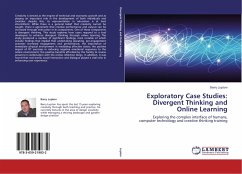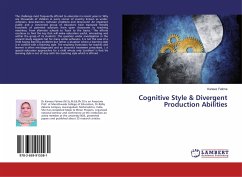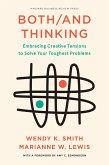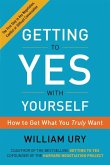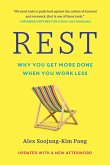Creativity is viewed as the engine of technical and economic growth and as playing an important role in the development of both individuals and societies: despite this, its representation in education is at best intermittent. While there is a general belief that creativity cannot be taught, there is agreement that creative performance and output can be increased through instruction in its components. One of these components is divergent thinking. This study explores how users respond to a tool developed to enhance divergent thinking through online learning. The study produced a number of significant findings, most notable of which include findings that implied that undertaking placating, pre-engagement activates increased engagement and performance; the importance of immediate physical environment in mediating affective states; the positive impact of DT exercises in reducing negative emotional responses to the online environment; the positive benefits afforded by the facility to review answers in combination with the online reflection blogs. In addition, it was found that real world, social interaction and dialogue played a vital rolw in enhancing user experience.
Bitte wählen Sie Ihr Anliegen aus.
Rechnungen
Retourenschein anfordern
Bestellstatus
Storno

